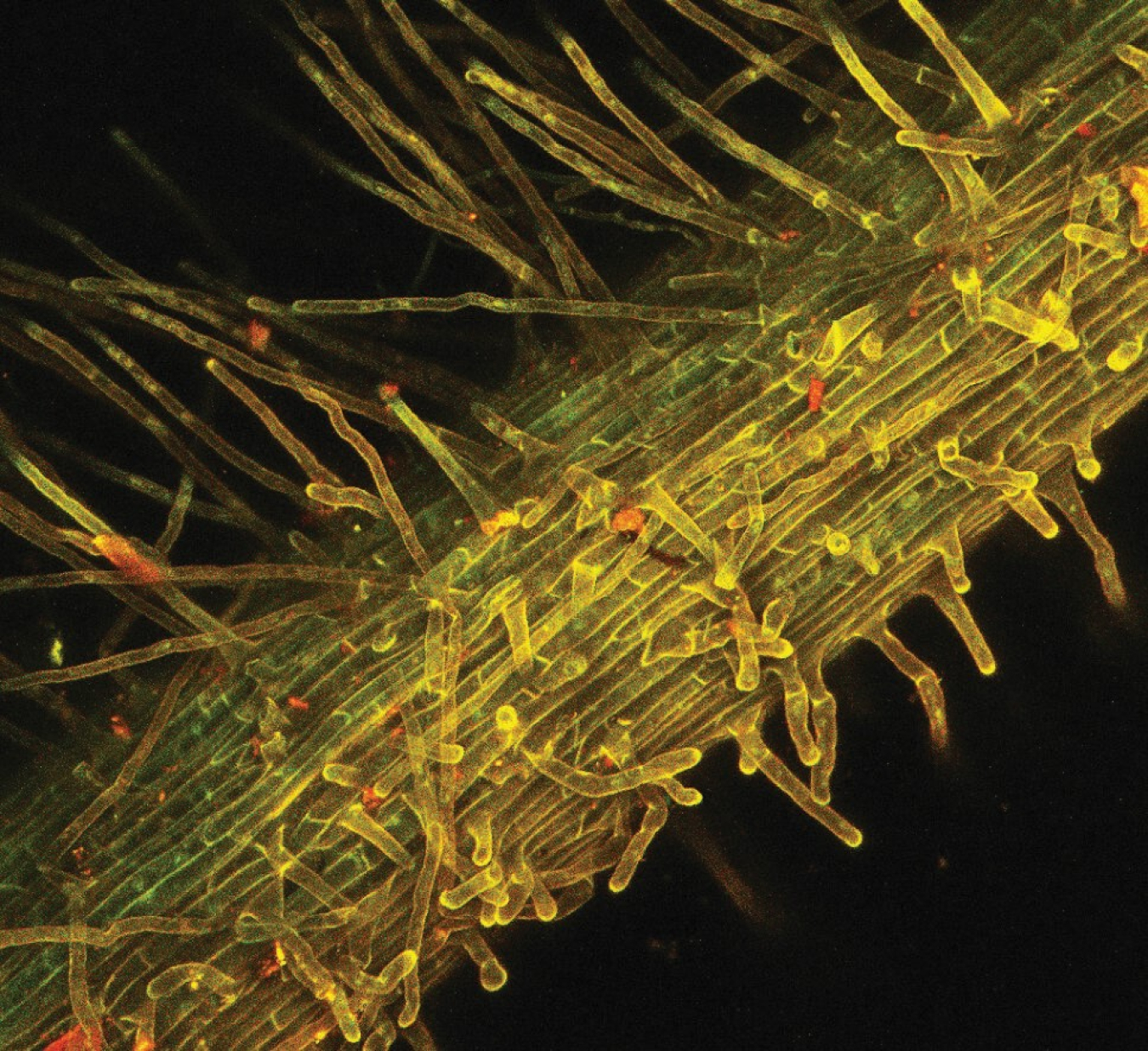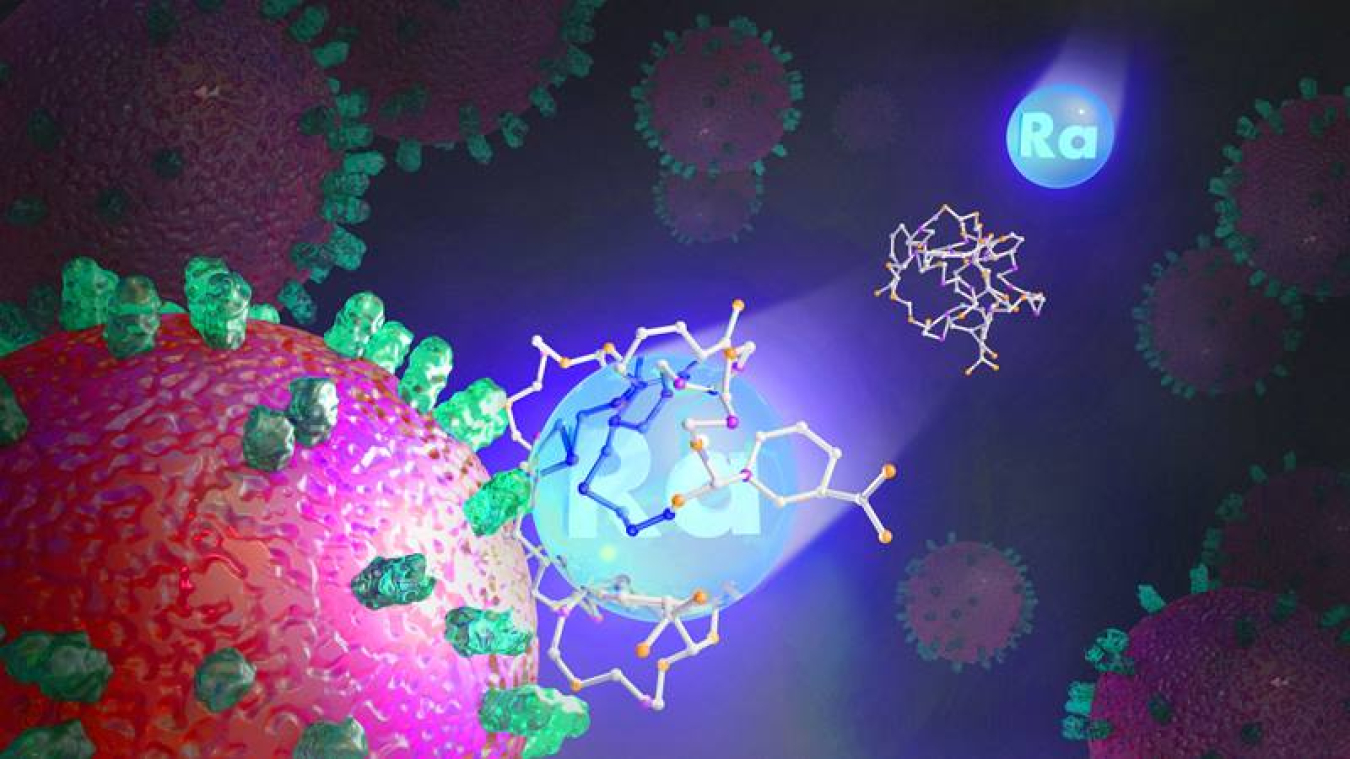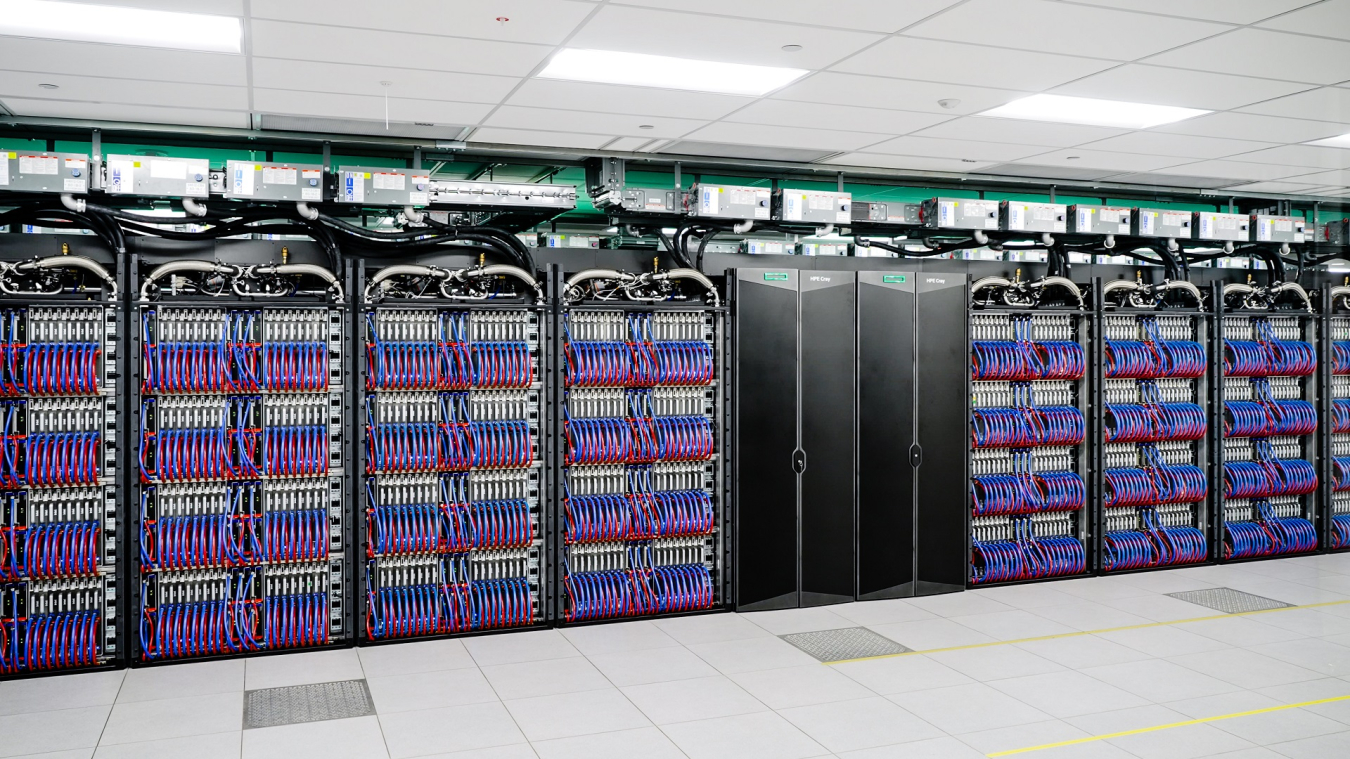The DOE Community Advances the Biotechnology Innovation Ecosystem
DOE is an engine for innovation in biotechnology from the lab to the market: conducting fundamental biological research, developing biotechnologies, and enabling biomanufacturing, as well as training a skilled workforce to support these areas. These programs are conducted by thousands of researchers from DOE’s 17 national laboratories, universities, and the private sector, and the results of this work provide broad benefits to society.
A distinctive feature of DOE’s biotechnology-related programs is their close coupling with the Department’s broad capabilities in the physical and computational sciences. For example:
- DOE’s world-leading capabilities at its X-ray and neutron sources are broadly used by researchers from industry to examine the structures of biomolecules for the development of pharmaceuticals.
- DOE’s best-in-class high-performance computers are used to model complex biological systems to understand and unlock new pathways for biobased products and processes with important benefits for energy, agriculture, health, national security, and industrial manufacturing.
- Capabilities for studying living systems and their genetic make-up are combined with automated “smart” laboratories for testing biosystem designs thereby lay the groundwork for engineering these processes to optimize and scale-up biomanufacturing.
- And scale-up infrastructure at DOE user-access facilities is leveraged to demonstrate bioproduction.
In these activities, DOE maintains an immense store of well-curated, high-quality biological data that is made available to the scientific community.
In service of the Department’s science, applied energy, and national security mission portfolio, the DOE ecosystem actively supports all aspects of biotechnology research, development, demonstration, and deployment, advancing innovations that serve the public good.
Highlights
-
 DOE has supported discovery- and hypothesis-driven research, as well as technology development, to understand and enable the sustainable use of microbes, plants, and waste resources to produce sustainable fuels and chemicals to support national priorities in energy security and resilience.
DOE has supported discovery- and hypothesis-driven research, as well as technology development, to understand and enable the sustainable use of microbes, plants, and waste resources to produce sustainable fuels and chemicals to support national priorities in energy security and resilience.






